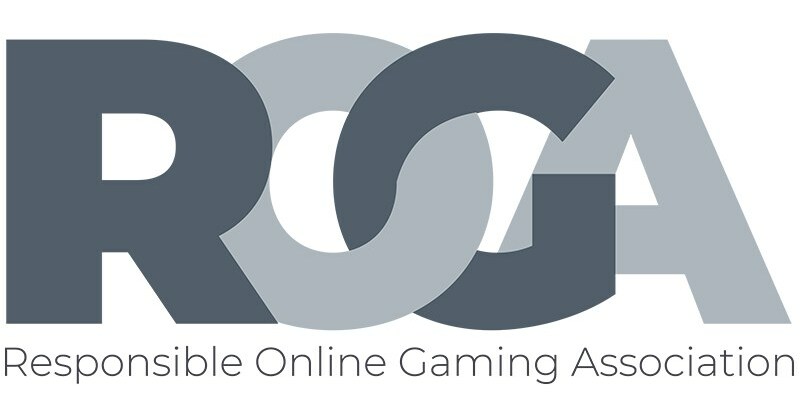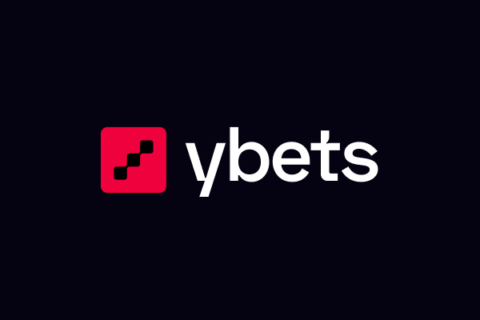Responsible Online Gaming Association Rolling out College Responsible Gaming Campaign

The Responsible Online Gaming Association (ROGA) has announced its plans to launch a national college responsible gaming campaign in early 2025. Collaborating with Epic Global Solutions, Kindbridge Behavioral Health, and the Responsible Gambling Council (RGC), the initiative aims to provide tailored education on responsible gaming to college students across the US. This program is designed to address a growing need for awareness about gaming risks and financial literacy among young adults.
ROGA, established six months ago by different gaming industry companies, seeks to fill a significant gap in available resources for university students. While programs focus on student-athletes, there has been limited support for the general student population.
This campaign will take a broader approach by offering educational tools to help students understand responsible gaming practices and make informed decisions. The program will also incorporate financial literacy, equipping students with budgeting and money management skills that are critical both for gaming and their overall financial health.
The initiative plans to use digital platforms to deliver its educational materials, making it accessible to a wider range of students across different campuses. The campaign will focus on teaching students key concepts such as setting limits, understanding gaming risks, and discrediting myths about gambling. For instance, it will cover common misconceptions like the illusion of control in gaming, and explain complex ideas like probability and randomness, which are often misunderstood in the context of gambling.
One of the major goals is to humanize the issue of problem gambling by sharing personal stories of individuals who have experienced gambling-related harm. By doing so, the program hopes to remove some of the stigma surrounding problem gambling and create a more open dialogue on college campuses. Through this effort, students will be encouraged to view gaming as a form of entertainment rather than a way to make money.
The financial literacy component is a crucial part of the campaign. Many students enter college without a clear understanding of how to manage their finances, and this can lead to poor decision-making when it comes to gaming. By teaching students how to budget and manage debt, the program will help them develop better financial habits that extend beyond gaming. The idea is to show how responsible gaming and sound financial practices go hand-in-hand, encouraging students to approach gaming with a balanced mindset.
Daniel Umfleet, CEO of Kindbridge Behavioral Health, highlighted the importance of this initiative for college students. He emphasized that the program will provide students with the tools they need to make informed gaming decisions, balancing it with their academic and personal responsibilities.
The partnership with Epic Global Solutions, which has previously delivered responsible gaming education to over 50,000 NCAA student-athletes, adds another layer of expertise to the campaign. By combining the knowledge of experts with real-life experiences of individuals affected by problem gambling, the program will offer a comprehensive educational approach to responsible gaming.
- Other news categories:
- SlotsUp's news





